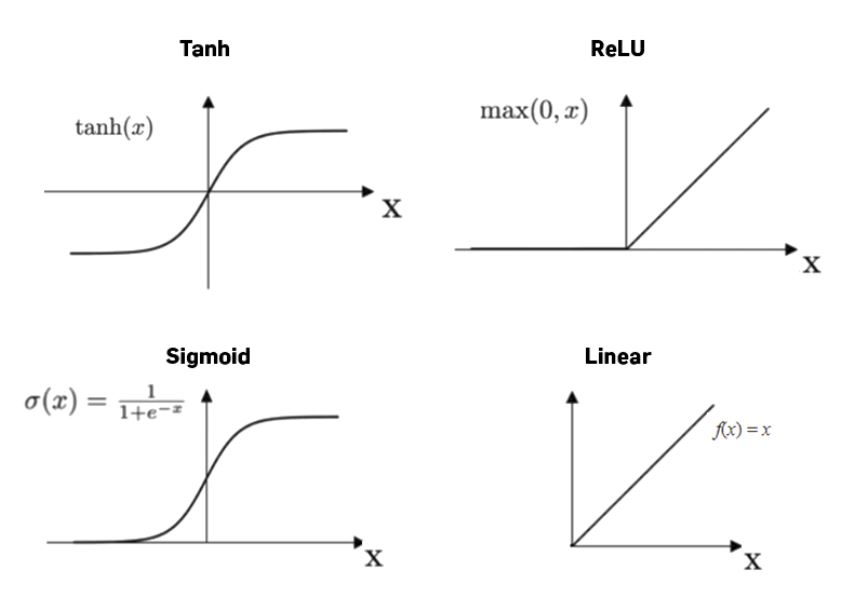From Neurons to Networks: The Secret Sauce Behind Smart Machines
 Unaiza Nouman
Unaiza NoumanIn our last blog, we explored Machine Learning, teaching machines from examples.
Now, let’s step into the real magic of AI, the Neural Networks, the backbone of today’s smartest technologies.
What Are Neural Networks?
Think of a neural network as a team of virtual neurons that work together to solve problems.
It’s inspired by the human brain, where billions of neurons pass signals to each other to process information.
In AI, we have artificial neurons that take input data, apply mathematical transformations, and produce an output.
In simple terms:
Data goes in (input)
The network does some “thinking” (hidden layers)
A prediction comes out (output)
Example:

Anatomy of a Neural Network
A neural network is built in layers, and each layer plays a special role:
1. Input Layer – The entry gate for raw data (e.g., image pixels, numbers).
2. Hidden Layers – The “thinking” part, where patterns are learned.
3. Output Layer – The final decision-maker.

🔹 1. Input Layer
Takes in features from the dataset.
Each node in this layer represents one feature.
Doesn’t change the data; it just passes it forward.
🔹 2. Hidden Layers
Where the real magic happens ✨
Every neuron in a hidden layer:
Multiplies inputs by weights (importance of each feature).
Adds a bias (extra adjustment).
Passes the result through an activation function (decides if the neuron should “fire”).
The network can have one or many hidden layers; more layers = more learning power (but also more complexity).
🔹 3. Output Layer
Produces the final result.
Uses activation functions like:
Sigmoid → For yes/no answers.
Softmax → For multiple categories (e.g., 7 emotions).
Linear → For continuous values (e.g., predicting house prices).

How Neural Networks Learn (The Secret Sauce)
Learning happens in two main steps:
Step 1: Forward Propagation
Data moves from input → hidden layers → output.
Each neuron processes the data and passes it forward.
The network makes a prediction.

Step 2: Backpropagation (Learning from Mistakes)
Compare the prediction to the correct answer → find the error (Loss Function).
Send the error backward through the network.
Adjust the weights slightly to improve accuracy.
Repeat this process thousands of times until the network gets good at its job!

Activation Functions — The Brain’s Decision-Makers
Without activation functions, a neural network would be like a light switch stuck at ON — it could only learn simple patterns.
Activation functions introduce non-linearity, allowing networks to learn complex things.
| Activation | What It Does | Example Use |
| ReLU (max(0, x)) | Keeps only positive values | Most hidden layers |
| Sigmoid | Outputs between 0 & 1 | Binary classification |
| Tanh | Outputs between -1 & 1 | Centered data |
| Softmax | Turns numbers into probabilities | Multi-class classification |
The Risk of Underfitting & Overfitting
Just like in ML, neural networks can:
Underfit → Too simple, doesn’t learn enough.
Overfit → Memorizes training data but fails on new data.
Fixes:
Dropout layers
More data
Regularization techniques
Why Neural Networks Are a Game-Changer
They can:
Recognize faces 👤
Translate languages 🌍
Detect diseases 🩺
Recommend products 🛒
Drive cars 🚗
From your phone’s voice assistant to cutting-edge medical tools, neural networks are everywhere.
Final Thoughts
Neural networks are the foundation of deep learning.
They mimic the human brain, learn patterns from data, and make intelligent predictions.
Next in the series: We’ll explore Convolutional Neural Networks (CNNs), the special kind of neural network that can see and process images like a pro.
Your turn!
Did this make neural networks feel less scary?
Got doubts? Found a mistake?
Drop a comment or message; let’s keep learning together!
Subscribe to my newsletter
Read articles from Unaiza Nouman directly inside your inbox. Subscribe to the newsletter, and don't miss out.
Written by

Unaiza Nouman
Unaiza Nouman
👩💻 Unaiza Nouman 🎓 CS Student @ COMSATS | 💡 Data Science Enthusiast | 🛠️ Software Developer Curious mind with a passion for building smart, scalable solutions. Exploring the world of: 🐍 Python (Pandas, NumPy) | 📊 Power BI | 🧠 Machine Learning 🧮 SQL Server | ☕ Java | 💻 C++ | 📞 VoIP (Asterisk) 🧵 DSA | 🐧 Linux | 💭 Problem Solving I write to learn, build to grow, and share to inspire. Let’s turn lines of code into something meaningful 🚀
